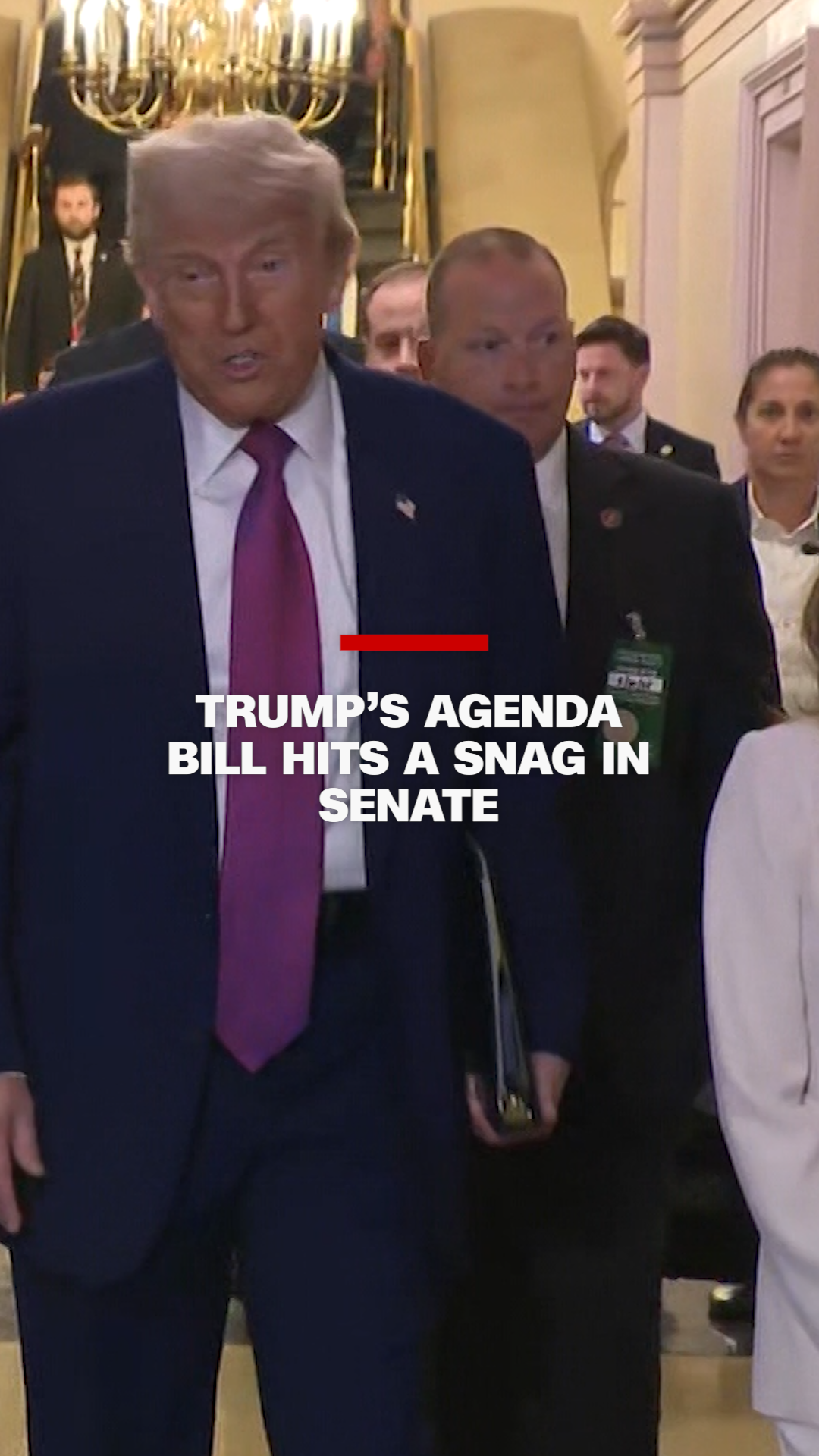Articles in this Cluster
27-06-2025
Canada’s parliament passed the One Canadian Economy Act, giving Prime Minister Mark Carney’s government broad powers to fast-track “nation-building” projects deemed in the national interest. Aimed at reducing reliance on the U.S. amid Trump-era tariffs, the law streamlines approvals and eases internal trade and labour barriers, potentially enabling energy corridors, mines, ports, and grid projects. Supporters say it will boost growth and resilience; Indigenous groups and environmentalists warn expedited processes could sideline consultation and rights. An amendment to require Indigenous consent failed, though the act mandates consultation. The move fulfills Carney’s pledge to cut interprovincial barriers by July 1.
Entities: Canada, One Canadian Economy Act, Prime Minister Mark Carney, U.S. tariffs, Indigenous groups • Tone: analytical • Sentiment: neutral • Intent: inform
27-06-2025
President Trump announced the immediate termination of all U.S. trade discussions with Canada in response to Canada’s digital services tax, which applies retroactively to 2022 and impacts U.S. tech firms like Amazon, Google, and Meta. He accused Canada of mirroring the EU and warned tariffs on Canadian goods will be set within a week. Markets dipped after the announcement. The U.S. may launch a Section 301 investigation into the tax’s impact. Canada has declined to pause the tax; Ottawa has not yet commented. The move puts a major U.S.-Canada trade relationship at risk.
Entities: Donald Trump, Canada, digital services tax, Amazon, Google • Tone: urgent • Sentiment: negative • Intent: inform
27-06-2025
President Trump ended US-Canada trade talks and plans to announce new tariffs within a week, citing Canada’s retroactive digital services tax (DST) as a “blatant attack.” The DST, set to take effect Monday and retroactive to 2022, disproportionately impacts US tech firms. Treasury Secretary Scott Bessent called the move unfair and warned Trump could raise tariffs across all Canadian goods. Canada’s Prime Minister Mark Carney said he wants talks to continue; business groups in Canada urged dropping the DST to avoid escalation. Canada is the top buyer of US goods and a major exporter to the US, so higher tariffs could hurt both economies and trigger retaliation. Markets ended higher despite the threat. The move comes amid broader US tariff deadlines and negotiations with other countries over DSTs.
Entities: Donald Trump, Canada, Digital Services Tax (DST), US tariffs, Scott Bessent • Tone: urgent • Sentiment: negative • Intent: inform
27-06-2025
EU leaders met in Brussels to weigh new U.S. trade proposals ahead of a July 9 deadline, when President Trump could sharply raise tariffs on EU goods. Ursula von der Leyen said the bloc is ready for a deal but preparing for failure, with “all options” open. Germany’s Friedrich Merz pushed for a quick, simple agreement, while France’s Emmanuel Macron warned against an unbalanced deal and floated stronger countermeasures, including targeting U.S. services if a 10% baseline tariff remains. The U.S. sent a brief “principles” paper avoiding sector specifics. The EU is already facing steep U.S. tariffs and is considering retaliatory measures, including a digital ads tax that would hit major U.S. tech firms.
Leaders also debated the stalled Mercosur agreement—backed in principle by Merz but opposed by Macron in its current form—WTO reform via new Asia-Pacific trade cooperation, and broader geopolitical issues. Ukraine’s President Zelensky urged tougher Russia sanctions and a clear EU accession signal, while Slovakia and Hungary raised concerns over plans to end Russian gas imports by 2027, with Slovakia threatening to block the EU’s 18th sanctions package unless its gas worries are addressed.
Entities: European Union, United States, Donald Trump, Ursula von der Leyen, Emmanuel Macron • Tone: analytical • Sentiment: neutral • Intent: inform
27-06-2025
President Trump abruptly ended U.S. trade talks with Canada over Ottawa’s 3% digital services tax, calling it a “blatant attack” on American tech firms and threatening new tariffs within a week. The move disrupts recently improving relations under Canadian Prime Minister Mark Carney and derails plans for a July trade deal. Canada’s retroactive levy, with first payments due Monday, could cost U.S. tech companies about $2.7 billion. Markets briefly dipped but the S&P 500 hit a new high. Trump hinted at broader tariff actions and said the U.S. would soon dictate terms to trading partners. Canada signaled it would keep negotiating. The standoff underscores wider disputes—beyond digital taxes—over sectors like dairy and banking, and comes as the administration weighs sweeping “reciprocal” tariffs and steps back from a proposed GOP “revenge tax” after market backlash.
Entities: Donald Trump, Canada, Digital Services Tax, American tech firms, Mark Carney • Tone: urgent • Sentiment: negative • Intent: inform
